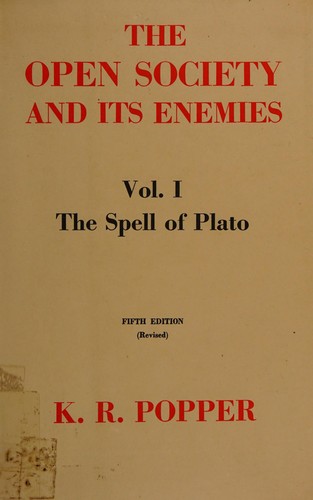nemobis ha recensito Open society and its enemies. di Karl Popper
Review of 'Open society and its enemies.' on 'Goodreads'
4 stelle
One of the best summaries of ancient philosophy I've ever read. Plato gets completely destroyed, and he deserves it.
From chapter 9: «Aestheticism and radicalism must lead us to jettison reason, and to replace it by a desperate hope for political miracles. This irrational attitude which springs from an intoxication with dreams of a beautiful world is what I call Romanticism. It may seek its heavenly city in the past or in the future; it may preach "back to nature" or "forward to a world of love and beauty"; but its appeal is always to our emotions rather than to reason. Even with the best intentions of making heaven on earth it only succeeds in makin it a hell–that hell which man alone prepares for its fellow-men.»

